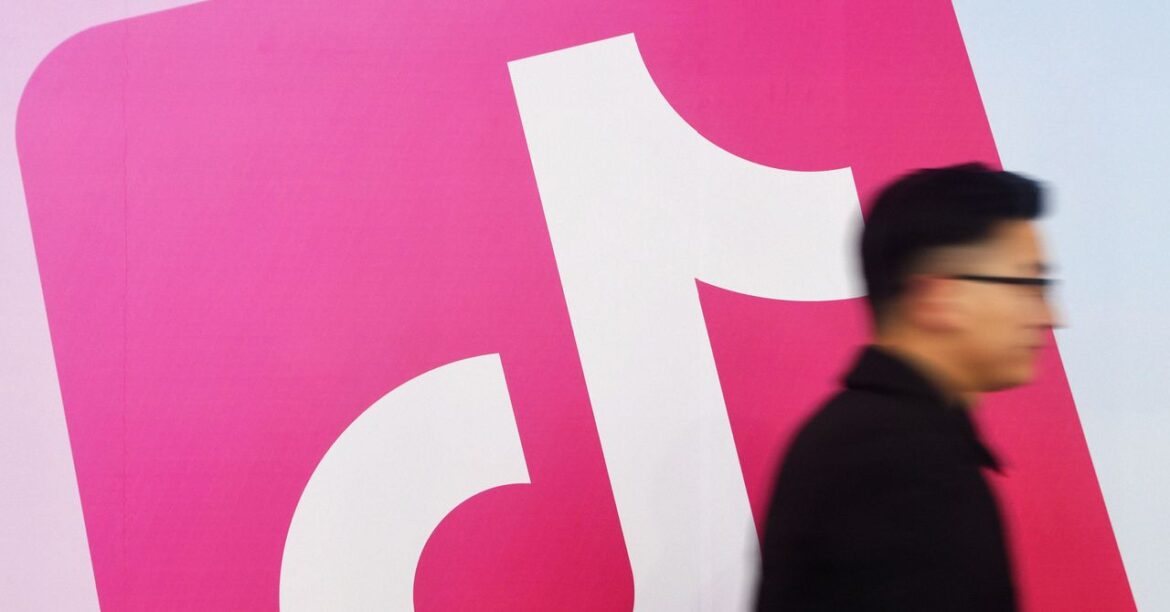US efforts to ban TikTok started during Trump’s first term in 2020. Months before he left office, Trump threatened to ban TikTok and another Chinese app WeChat. The Biden administration rescinded Trump’s executive orders on the topic but continued to scrutinize TikTok. The US congress eventually passed the Protecting Americans from Foreign Adversary Controlled Applications (PAFACA) Act in April 2024. This gave TikTok two options: divest from its Chinese ownership before January 19, 2025, or risk a federal ban.
The app briefly went dark in the US ahead of the deadline, then reappeared on app stores less than 24 hours later and resumed services for US users.
Since Trump returned to power, Washington’s stance on TikTok appears to have shifted. Trump has become a steadfast advocate for saving the app, which he credited with helping him win the support of young voters. He has repeatedly extended the deadline set by the PAFACA Act, most recently to December 16, 2025, which some experts have criticized as illegal.
The deal that is reportedly being proposed by the Trump administration could meet the requirements set by the PAFACA Act, says Alan Rozenshtein, an associate professor of law at the University of Minnesota Law School. But the fact remains that the deadline has been extended multiple times and American companies like Oracle and Apple have not paid fines for continuing to service the app.
“The way the law was written, the companies were liable for doing business with TikTok, up to $5,000 per US user. So if there are 170 million TikTok users [in the US], and they all used the platform in the last nine months, and each of these platforms and each of these companies has accrued potentially up to nearly $1 trillion in liability,” Rozenshtein claims. He notes that it’s unlikely the Trump administration will collect that fine.
Some experts in Washington believe the deal does not solve the perceived national security issues that sparked talk of a ban in the first place. “In plain terms, ownership change without technical separation is a violation of the law,” says Craig Singleton, a senior fellow at the Foundation for Defense of Democracies, a DC-based think tank. He compares the deal to a “joint custody” rather than the “divorce” that the PAFACA Act required.
The Chinese government has stressed in recent statements that the deal will include concessions from the US on non-TikTok issues, such as barriers to cross-border investment. “The US side needs to provide an open, fair and non-discriminatory environment for Chinese investors,” the Chinese readout of the call between Trump and Xi says.
If Beijing exchanges the TikTok deal for better trade terms, ByteDance and its original investors may lose out. “It’s not great. But it’s still better than being completely shut down and losing entirely to Meta. It’s probably like a C-minus outcome,” says Rui Ma, founder of Tech Buzz China, a research firm focused on Chinese tech.
Update 9/19/25 6:00pm ET: This story has been updated to include a statement posted by ByteDance.

